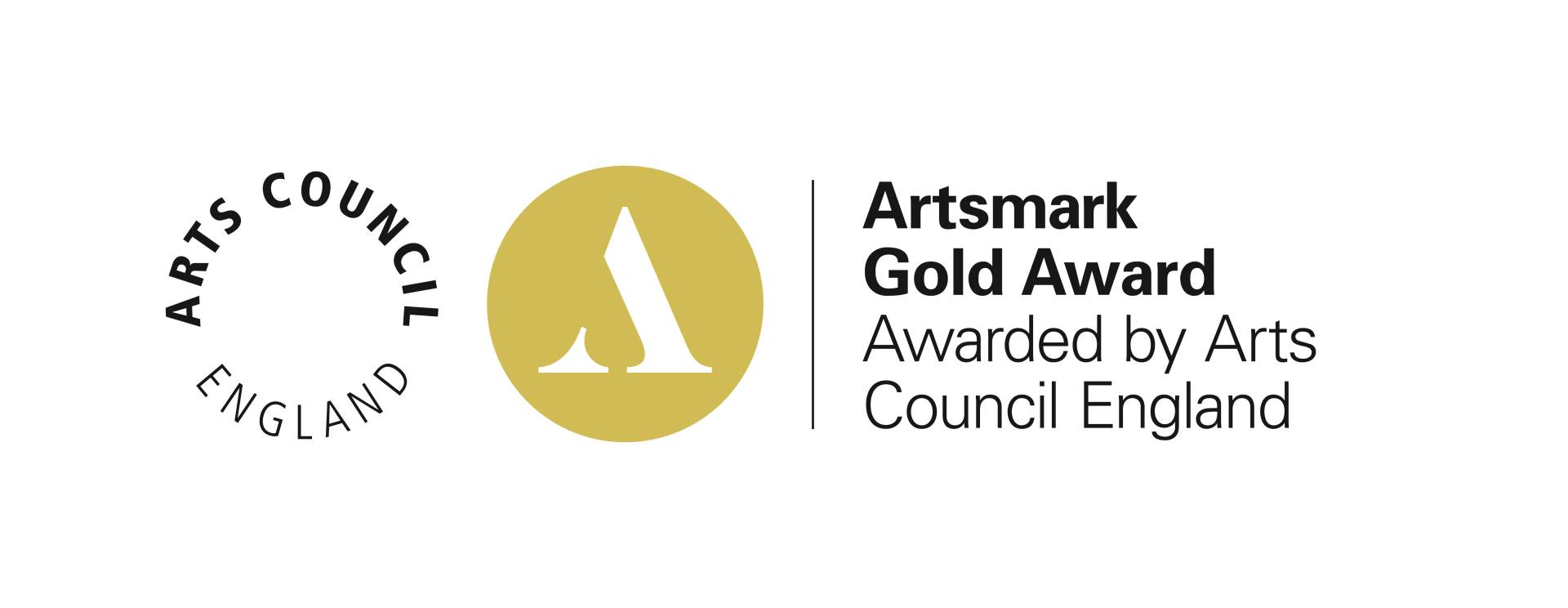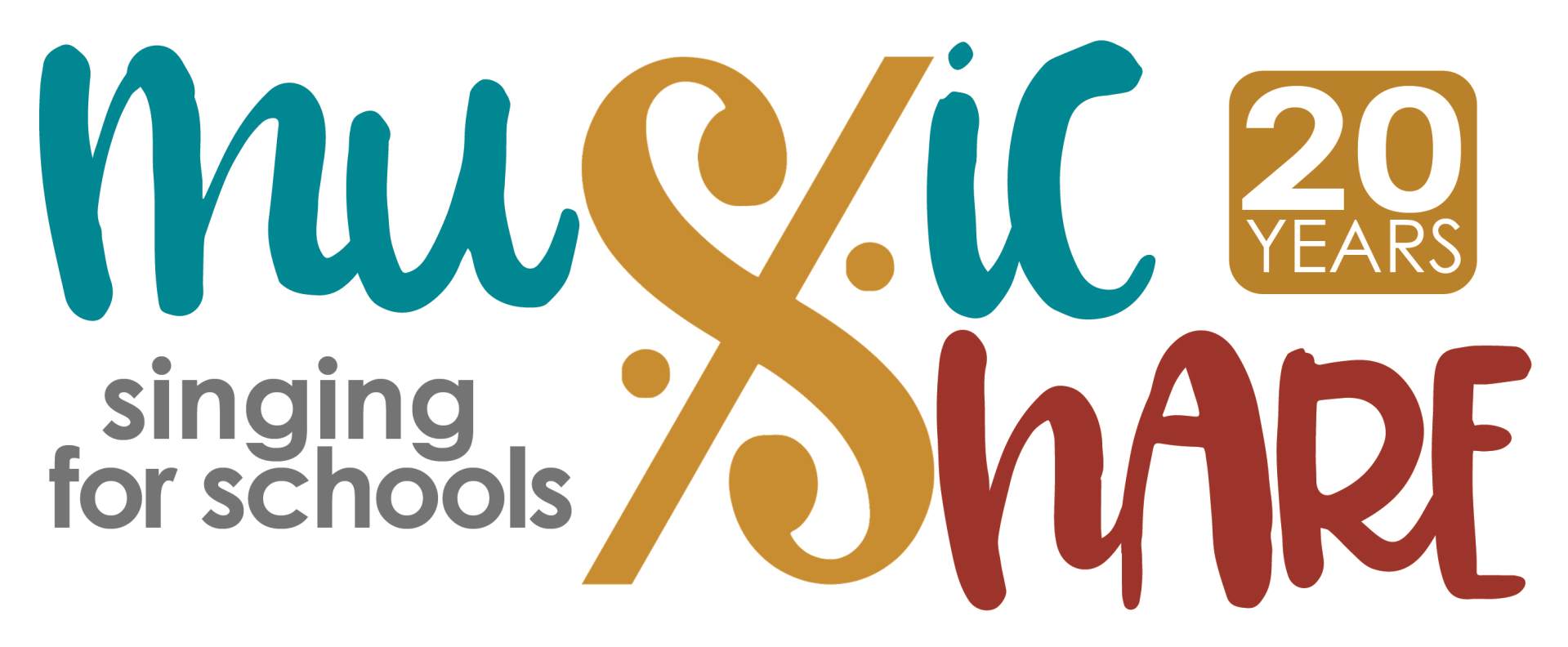The secret of success - happiness!
 I recently read an excellent article in Forbes magazine. It was talking about the link between success and happiness. We know here in School that happy children are successful ones and as such, we place so much importance on the whole child and ensuring they have opportunities to enjoy their academic work and extra-curricular activities. It is also the case that a strong pastoral team and caring ethos feed into the School’s culture of creating an environment where children can feel safe and appreciated. We also know that our busiest children are often the most successful too and it is often because in trying many things they have met with failure and success and developed a growth mindset.
I recently read an excellent article in Forbes magazine. It was talking about the link between success and happiness. We know here in School that happy children are successful ones and as such, we place so much importance on the whole child and ensuring they have opportunities to enjoy their academic work and extra-curricular activities. It is also the case that a strong pastoral team and caring ethos feed into the School’s culture of creating an environment where children can feel safe and appreciated. We also know that our busiest children are often the most successful too and it is often because in trying many things they have met with failure and success and developed a growth mindset.
The article then went on to explain how the idea of working hard leading to happiness is a little too simplistic. In fact, putting mental welfare and happiness first is often the thing that leads to success in the end. There is interesting neuroscientific evidence to back up the notion that our brain is wired to link happiness to success:
‘Neuroscience has proven happiness precedes success.
Neuroscience and studies of positive psychology prove that happiness is a key driver and precursor of success, with two decades of research backing this up.
One reason is that positive feelings make the brain work better. Positive emotion triggers the release of serotonin and dopamine, which significantly enhance motor control, motivation, memory, problem-solving, mental focus and the ability to process multiple concepts simultaneously. So, positive thinking really can make you more successful.
A study by Stanford researchers demonstrated that positivity for a subject increases the activity of the hippocampus, an area of the brain that’s closely linked with memory and learning. They discovered that school children don’t just like subjects they’re good at, they also do better at subjects they like because their brains work better.’
The article went on to explain that we can learn and practice techniques to improve our happiness:
'1. Pursue meaningful engagement
Martin Seligman, the pioneer of positive psychology, talks about meaningful engagement as a key factor of happiness. When we identify our greatest strengths and recraft our life to use them in our social and family interactions we gain more meaning. His quote summaries this brilliantly, “One of the best ways of discovering this value is by nourishing our unique strengths in contributing to the happiness of our fellow humans.”
2. Practice mindfulness
A study by Harvard psychologists showed that we spend about 47% of our waking hours thinking about what isn’t going on. And that this typically makes us unhappy. The solution? To focus on whatever we are doing and the experience we are having in this very moment. In other words, to develop the skill of mindfulness.
3. Strengthen your friendship circles
Shawn Achor, in his book, The Happiness Advantage, talks of the challenges and periods of stress we face. It’s how we choose to handle them that’s the most telling. Whereas some people choose to retreat within themselves when the going gets tough, the most successful people will instead make time for friends, peers and family members, always seeking to strengthen their friendship circles.
4. Develop your softer skills to enable you to flourish
When LinkedIn CEO Jeff Weiner was asked which professional skill is most in demand, he said that what the job market is crying out for at the moment is people with excellent soft skills. Those are personal and communication skills including empathy, listening skills and the ability to build a team.'
The pursuit of happiness and contentment must sit at the heart of how School operates, this is a roadmap for future success. We see it every day.
Inservi Deo et laetare!














